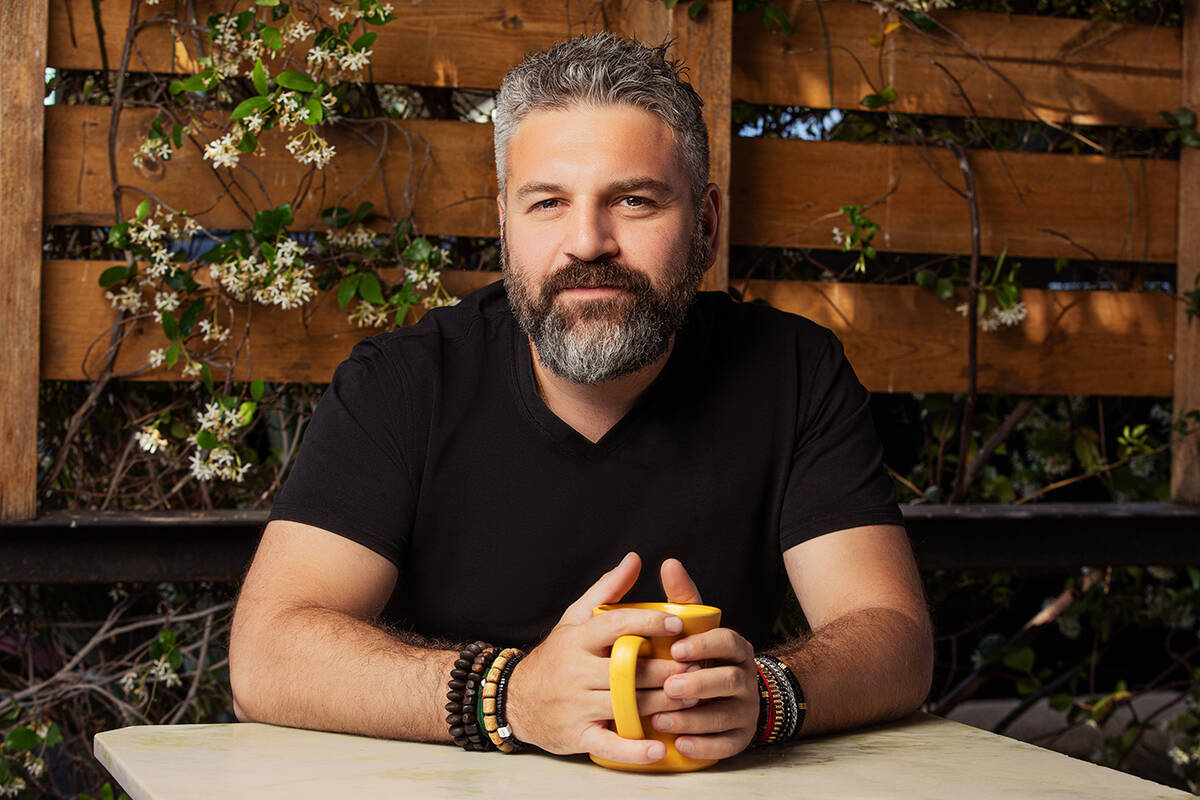If there’s one topic we like to discuss at Karma and Luck, it’s harmony between ourselves and our environment. We stress work-life balance to maintain optimal mental and physical health. We talk endlessly about the importance of a balanced chakra system to our overall well-being.
And when we talk about healing the earth, we need to take a balanced approach to that, too.
When we balance our chakras, we always start with grounding. We root into ourselves and our connection to the earth, recognizing the ability of its vital energies and stability to center us. Thus, to begin to heal and strengthen an environment that humans have played a heavy hand in damaging, we must start at the roots, literally, by using trees for climate change reversal.
Scientists have concluded that natural climate solutions can mitigate over one-third of the necessary change to lead to stabilizing the rate of global warming. This means restoring forest lands, conserving existing forests, and finding innovative locations for trees.
Plenty of debate has questioned the impact of tree planting on the climate. Undoubtably though, trees undergo a natural process, photosynthesis, that recycles carbon dioxide into oxygen that is essential to human life.
But they do even more than that! According to OneTreePlanted.org, one mature tree can absorb more than 20 pounds of carbon per year. If a successful campaign of planting trees for climate change happened without any other restorative or reversal action, then with more than a half trillion mature trees, 205 gigatons of carbon could be eliminated, reducing atmospheric carbon pollution by 25 percent.
While all trees contribute to cleaner air, those with broad leaves — like oak, sycamore and hazel — produce more oxygen because of the large surface area on their leaves. Rain forests also more rapidly undergo the photosynthetic process, partly because typically hot temperatures in their environments speed up the process.
Knowing that trees produce oxygen from pollution waste in the air to thereby clean the air we breathe, people have innovated ways to grow more. Given our encroachment on natural habitats, we have to break new ground for our roots.
The role trees play in cleaning our air matters so much to our physical health, but there’s another way that trees improve our well-being. Growing trees supports the production of fertile soil that produces more vegetation to sustain balanced diets and nutrition.
The main way that trees nourish the soil occurs through the shade they provide to the ground beneath them, keeping soil from drying out and suffocating the roots of smaller plants. Tree roots also help keep the soil intact but pliant for other seeds to take root and grow. As more plants come to life, ecological biodiversity increases, which benefits other beings, including plants, animals and humans. This can influence a return to more natural, sustainable eating habits with more available food in a world plagued by hunger.
Nutrition solutions lead to healthier communities, lowering medical costs and providing strong bodies and minds to contribute to society.
Trees also help make new soil. Within soil rests unidentified organisms whose contributions to a balanced environment are yet unknown. Trees provide habitats to more than 80 percent of animals, birds, insects and other plant life that have a part in agricultural stability. For example, animal feces deliver new seeds into the soil and fertilize the ground.
Finally, while it may seem simple to grow trees, it takes resources to successfully implement reforestation strategies. Trees require care and attention to survive and mature. It can take decades for the effects of planting trees to truly impact climate change.
We’re taking a vital step in mitigating the effects of climate change by planting trees with EcoDrive and the Eden Project. Last November, for Giving Tuesday, we kicked off the campaign by donating $1 to reforestation for every order made that day. This resulted in over 4,000 mangrove trees being planted in a dedicated plot in Madagascar.
This summer, we introduced a handwoven Green String bracelet collection called “Green For Good.” Each bracelet purchase plants a tree in our Madagascar plot. These trees will remove over 2.7 million pounds of CO2 over their lifetime.
Vladi Bergman is the founder and CEO of Karma and Luck, which was founded to connect cultures through fair trade and beautiful, handmade products. Headquartered in Las Vegas, Karma and Luck is in the process of a national expansion, starting with the recent opening of its Houston store, followed by stores in Miami, New York and Los Angeles.








